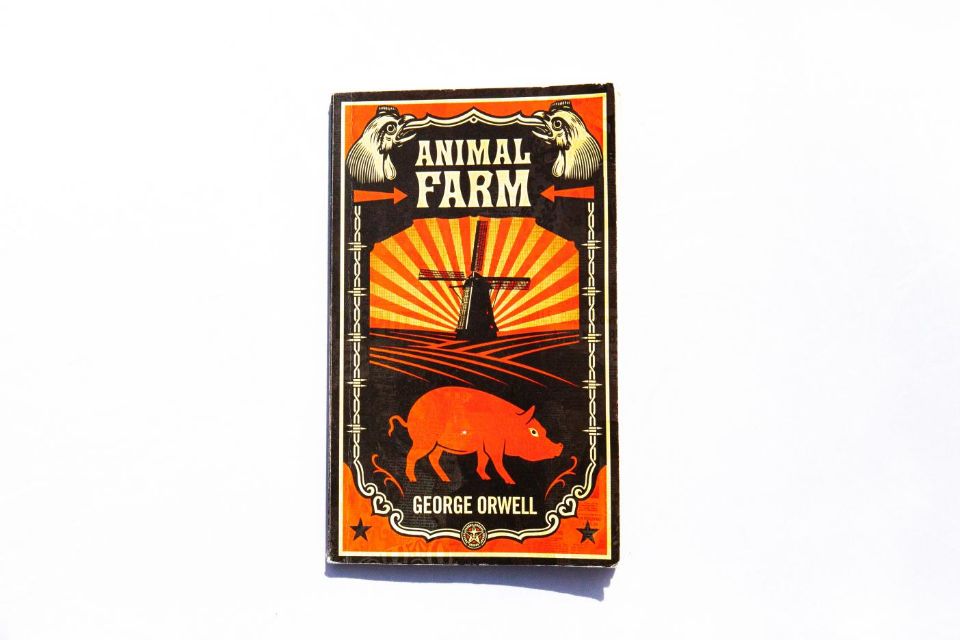Homebred scepticism
One of the first books that Amir mentions as being influential in his life, is George Orwell’s famous Animal Farm. He was about ten years old when he received the book from his parents. Amir could relate to the book due to the experiences he had while growing up in turbulent Iran: the 1979 Iranian Revolution, which led to the replacement of the country’s government with an Islamic republic under the power of Khomeini, took place just four years before Amir was born. The aftermath of the revolution and the increasing force of a theocratic regime sketched the political background in which Amir grew up.
However, while this was the political context during Amir’s life, his private life was a lot different. His mother and father were both secular, and they stimulated Amir to form his own sense of judgement. Both his parents, his mother being a kindergarten teacher and his father a mechanic, had a love for literature and had a collection of books that Amir could freely pick from. From a young age, he was enrolled in an English institute, where he learned the English language and came into contact with Western views. But the culture that Amir was brought up in harshly clashed with the one reigning in Iran.
Looking back on this period, Amir recognizes that since his childhood he has lived with a paradox between his private life and his public life. Any public displays, for example in school, of the open-minded scepticism from home were quickly met with punishments. With his mindset, the religious traditions that were followed in the schools seemed unreasonable to him: “I was forced to say prayer and it was something I never understood, because of my homebred scepticism. But, those who deviated from praying were corporally punished.” So he pretended to pray, and realized that what he thought and how he acted at home should remain hidden in public.
“Reading Animal Farm at such a young age really helped me with beginning to grasp the situation I was living in myself.” The numerous similarities between the book and the situation in Iran – the revolutionary context and the forceful implementation of an ideology that oppresses other worldviews – led Amir to become even more inquisitive of the situation he was living in.
